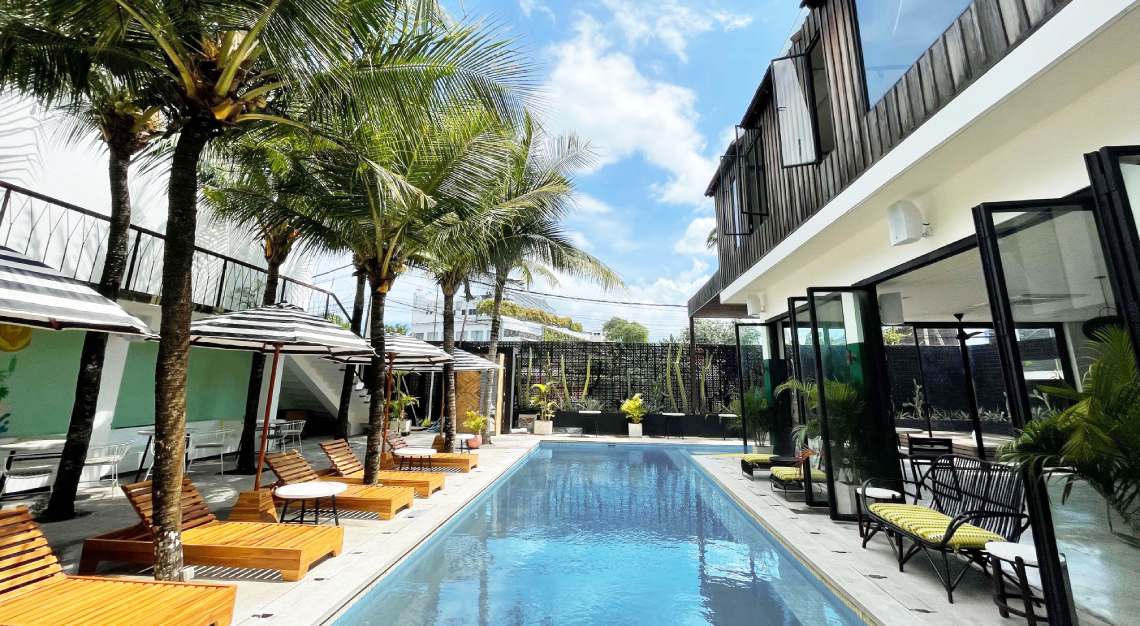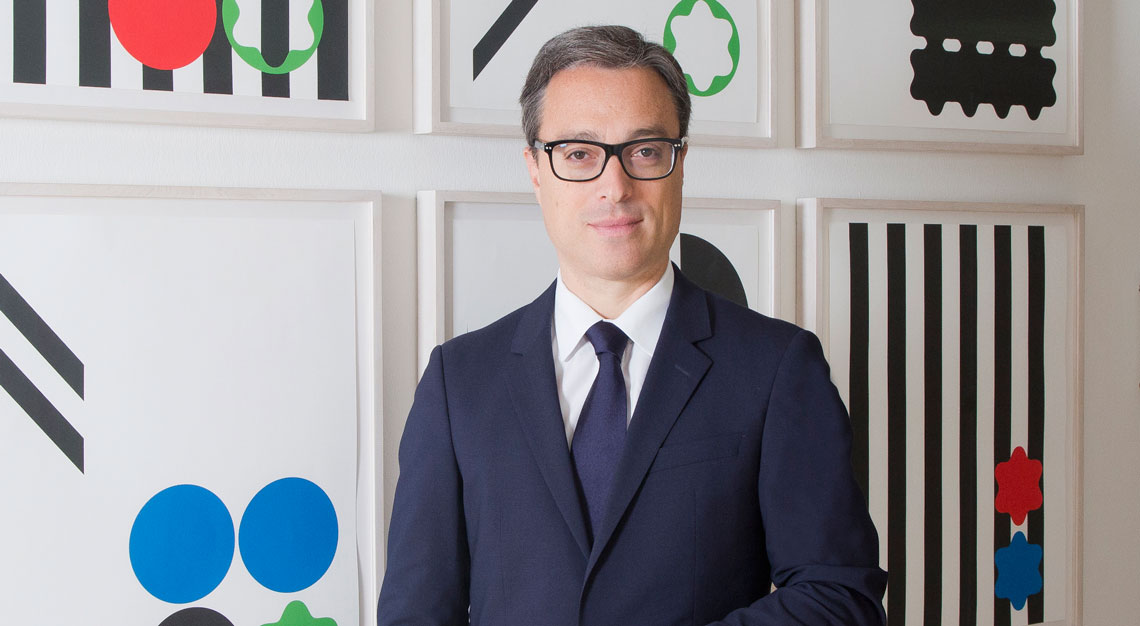On the island of Bali, crypto thought leaders will always feel at home at T-Hub, Asia’s first crypto-community centre. CEO and co-founder of Tokocrypto tells us more
Bali’s tourism industry makes up 80 per cent of its economy as more than six million tourists worldwide flock to the island each year. But the arrival of a global pandemic quickly changed everything when the Indonesian island was forced to prevent foreign travellers from entering the country. However, the events had proved to be a catalyst for innovation and an opportunity to build resilience.
As the world began to open back up, the introduction of new charges for tests and safety precautions hindered the attractiveness of Bali’s relatively low-cost to visit and stay, which was a significant factor for many tourists. As a result, many locals began to explore alternatives to tourism and venture outside of hospitality as trends around sustainable environmental practices gathered pace.
Crypto-island fever
Bali’s battered tourism sector looks set to bounce back with the recent news that Indonesia is restarting international flights. After two years of lockdowns, tourists have been busy planning bucket-list trips to see once-in-a-lifetime sights, and Bali is ticking all the right boxes as one of the most photogenic places in the world.
When the Indonesian government revealed that it would be opening Bali to foreign tourists on 4 February 2022, locals began preparing for visitors hungry to fill up their senses and enjoy surfing, temples, waterfalls, spirituality, scuba diving, and the abundant nightlife. But it’s the arrival of crypto fever on the beautiful island of Bali that is exciting locals the most.
The number of crypto investors has dramatically increased in the last few months, and NFTs have spread across the island. In a dramatic turn of events, you will find young Indonesians having more exciting conversations around cryptocurrencies than the return of tourists. It is estimated that over 7.4 million Indonesians now own crypto, an increase of 85 per cent from 2020. Something big is happening.

Crypto tourism saves the day
With the rising number of Tokocrypto users, the company has created an offline community hub in Bali to meet the increasing attention and demand in the space. Coined the “T-Hub”, it focuses on educating everyone on cryptocurrency and empowering the users by helping them unlock the potential of the crypto economy and how it can transform the region in ways that even the return of tourism could achieve.
Things get even more intriguing as the worlds of tourism and crypto begin to converge. T-Hub will be harnessing the concept of crypto tourism to enable tourists to Bali to learn about cryptocurrencies while on holiday. Being the first of its kind in Asia, the T-Hub in Bali will also act as a physical stomping ground for Asia’s crypto community, creating a space of ideation, creativity, gaining knowledge and skills, and encouraging innovation through utilising their Toko Token (TKO) which can also be used on Travala.com.
Additionally, the T-Hub will be an assembly point for Asia’s blockchain, and crypto thought leaders to collaborate and generate new ideas. It will also consist of media halls, discussion rooms, co-working spaces and F&B outlets. Its arrival is generating excitement that collectively, Indonesians can play a part in building the largest community in Asia that will finally bridge the digital and physical divide.
For T-Hub, its mission is to empower the crypto community to form a collective vision that will transform the region. By equipping locals with the requisite knowledge and skillsets to capitalise on the infinite potential of the crypto economy, it is hoped that the nation will be more resilient should any future lockdowns keep tourists away.

The dramatic increase in interest around crypto can be traced to last November 2021, when the total crypto market capitalisation topped US$3 trillion for the first time. Predictably, the market quickly attracted the attention of both investors and regulators. But these trends also sent out a clear signal to the community that the time to prepare for wider adoption and more competition was right now.
With the added excitement around the Metaverse and even NFT check-ins coming to Marriott hotels, we can expect the number of hungry investors wanting to take a bite out of this lucrative pie will continue to increase. Looking to the future, digital economies are getting harder to imagine without NFTs and blockchain-based infrastructure. Web3 is already beginning to become a reality and the promise of sustainable crypto investments and the autonomous utility of blockchain technology.
But before we get too carried away with the excitement of these crypto trends, it’s important to remember that the low prevalence of crypto literacy which has played a part in the high rate of crypto scams that resulted in losses amounting to US$7.8 billion in 2021 reveals a palpable need for crypto education. But with T-Hub in tandem with Tokocrypto’s education arm, TokoScholar, it has the potential to boost crypto literacy rates in Indonesia and around the world. This is where things really could get exciting for the region.
Crypto is not a fad. It’s a movement
There is much more to Indonesia than a dreamy travel destination for foreign tourists to capture their perfect Instagram moment before returning home. The country is rapidly becoming a significant player in the crypto world. With the arrival of new partnerships and government legalisations, the potential of the digital economy has yet to be tapped. But Tokocrypto’s T-Hub in Bali is widely putting it on the map as the place for future ideation and innovation of the crypto industry.
Blockchain technology, cryptocurrency, NFTs and the Metaverse have become household names. It’s beginning to feel reminiscent of the conversations and excitement surrounding the arrival of home internet in the ’90s.
Crypto regulation is both inevitable and essential to achieving mainstream use and acceptance. But make no mistake, as regulatory clarity begins to unveil, the pace of technological change will move at breakneck speed around the world. But with the T-Hub already in place, it’s becoming known as the place where the crypto community can come together to form a collective vision.
Pang Xue Kai was first introduced to crypto assets and blockchain technology in early 2016, and has been passionate about it ever since. As CEO and co-founder of Tokocrypto, he works closely with Indonesia’s local communities, universities and the government, aiming to bring the country to become a leading gateway to crypto






